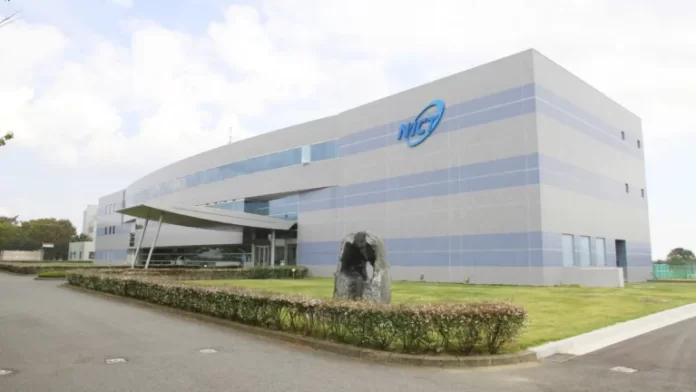Imagine downloading an entire movie in a split second or sending complex scientific datasets across the globe in mere milliseconds. This is the reality that 402 Tbps internet promises. Compared to the global average internet speed of a measly 18.1 Mbps (megabits per second) in 2023, the new record is a staggering 22,154 times faster.
This breakthrough accomplishment comes courtesy of a dedicated team at Japan’s National Institute of Information and Communications Technology (NICT). Their innovative approach involved utilizing multiple optical fibers and a specially designed optical amplifier to achieve the unprecedented data transfer rate.
The implications of this achievement are truly transformative. With internet speeds like these, researchers could accelerate scientific progress by seamlessly sharing massive datasets. Healthcare professionals could revolutionize medical imaging and remote consultations. Entertainment industries could stream high-resolution content with zero buffering, paving the way for truly immersive experiences.
While this technology is still in its early stages, the successful demonstration of a 402 Tbps internet connection represents a significant leap forward. It signifies a future where data transfer limitations are a relic of the past, unlocking a new era of innovation and communication across all sectors. This is a pivotal moment in internet history, and the possibilities it opens are truly exciting.

